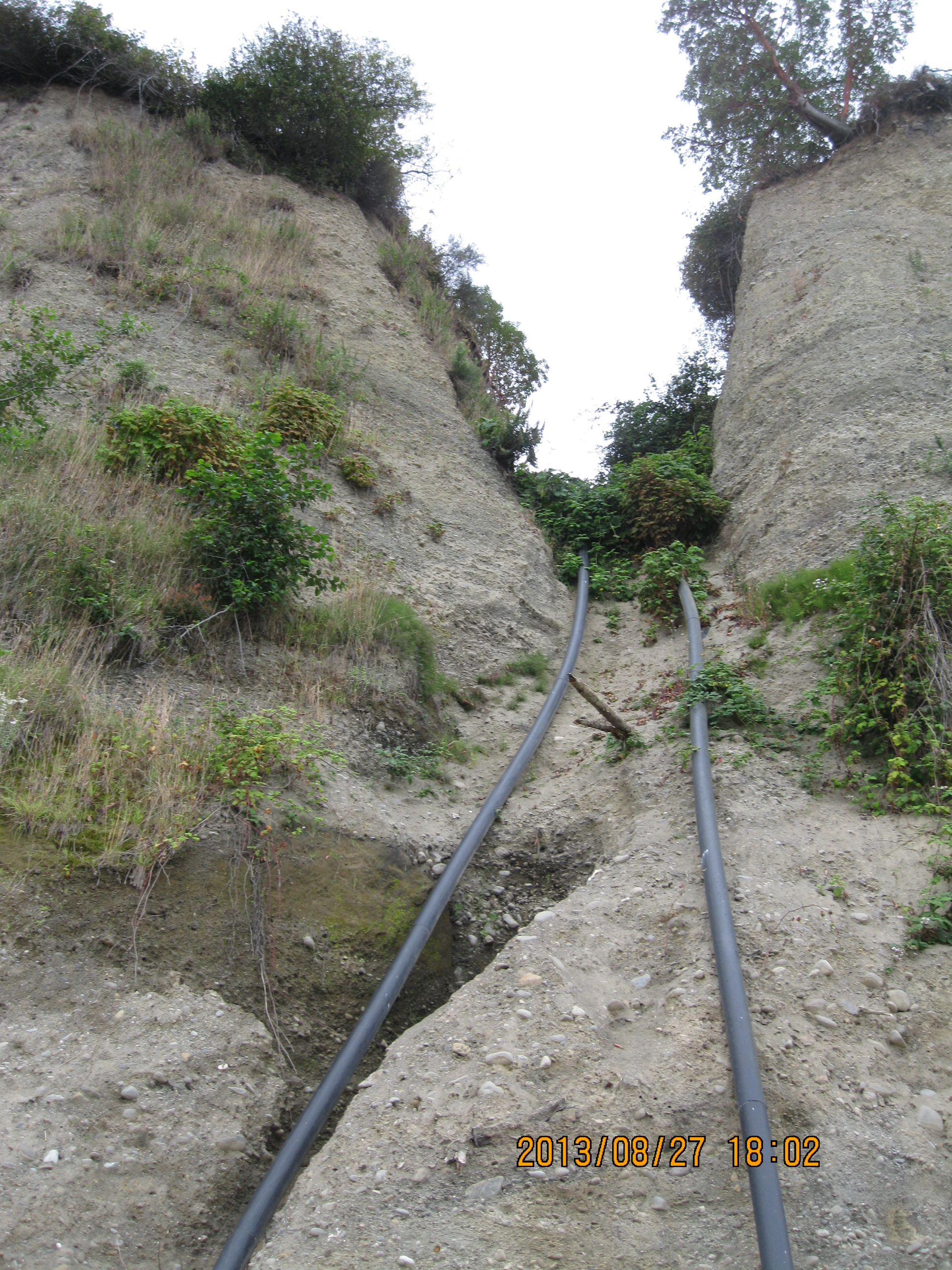The Problem:
With traffic growing by 41 percent over the last five years, Sea-Tac Airport is now the ninth busiest airport in the US. To meet its goal of increasing the number of international flights and destinations over the next 25 years, the Port of Seattle is building a new, 450,000 square-foot expanded International Arrivals Facility (IAF). This new facility will nearly double the international capable gates—increasing passenger capacity, increasing size and number of bag claim carousels, and ultimately reducing passenger connection time. During construction of the IAF, polychlorinated biphenyl (PCB)-contaminated soils were encountered at a former airline hangar maintenance building. This discovery initiated a remediation project within an active and congested construction site.
Photo Credit: Port of Seattle
How we helped:
Aspect and our teaming partner, DH Environmental, conducted environmental investigations and remediation in accordance with Toxic Substances Control Act PCB regulations. The Port used Aspect’s expertise in source identification and extent delineation, developing a conceptual site model, managing cleanup of PCB-contaminated soils, and navigating regulatory oversight by EPA and Ecology. Aspect also responded quickly to vapor intrusion concerns by evaluating vapor intrusion risk and designing a vapor barrier solution for potentially affected portions of the IAF. Groundwater downgradient from the source area was also evaluated to ensure the contaminants were not migrating via a groundwater pathway.
Milestones for the Port
No interruptions to the construction schedule or public usage occurred during the investigation and remediation activities. The IAF is on target to open in the last quarter of 2020 and welcome international travelers to the Seattle region.















































